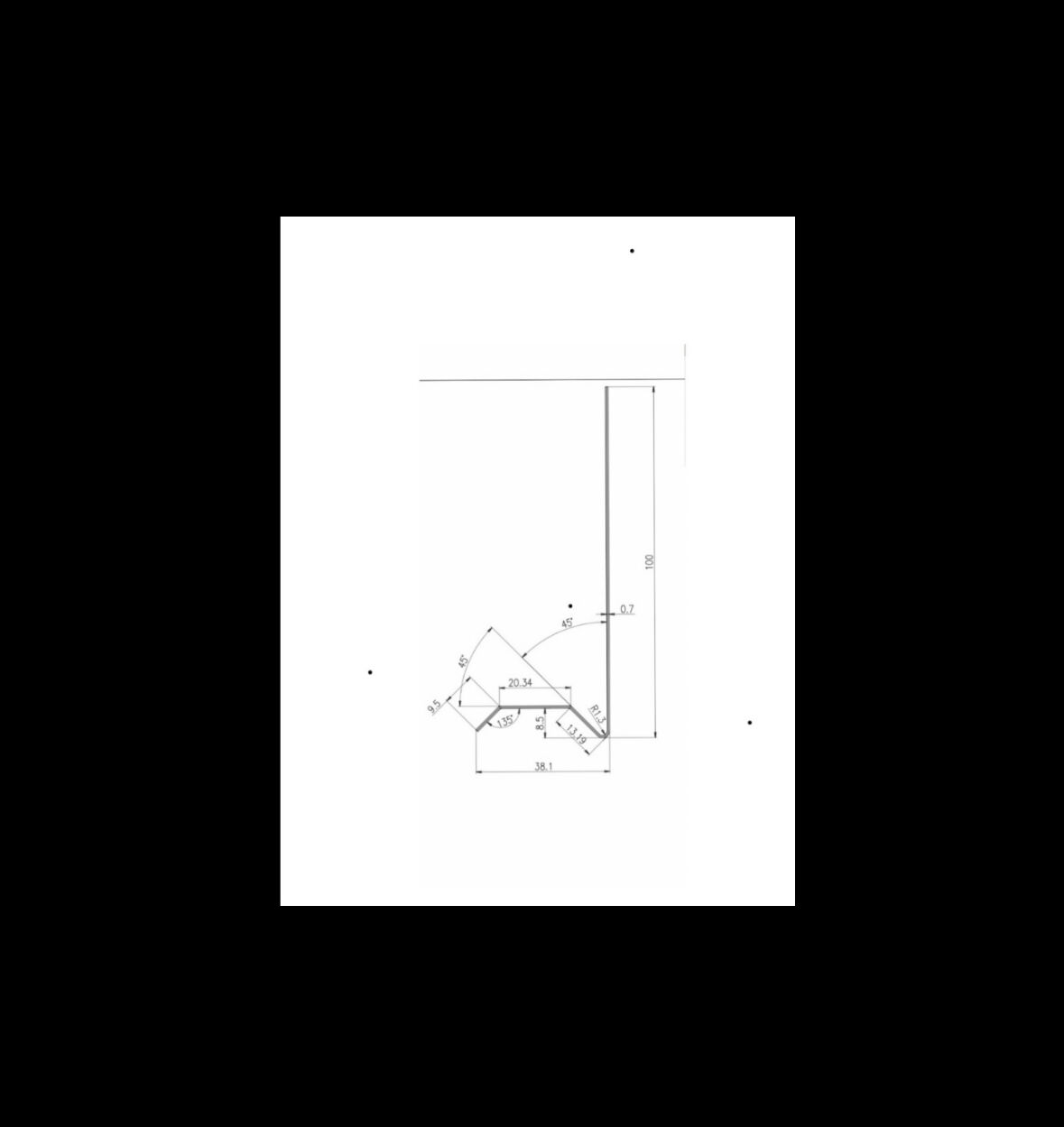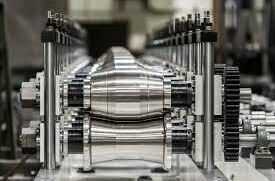
What materials are used in roll forming?
There can be lots of factors to consider when purchasing materials for your roll-forming machine.
Posted on Monday, November 28, 2022
Roll forming can be a fantastically economical process for shaping different materials into precise parts but choosing the right material is essential.
However, not every material is ideal for a roll-forming machine, as during production, several processes occur, such as rolling, coating, and slitting. If you use the wrong material, you could end up losing time and money thanks to production stoppages, upset quality engineers, disgruntled customers, and therefore fewer profits.
So what are the correct materials used in roll forming (and what materials shouldn't you use?
Naturally, metal is the first material that springs to mind, with mild steel being the most common material used in the roll-forming process. However, any malleable metal should work well in a roll-forming machine including:
Aluminum
Brass
Bronze
Copper
Galvanized steel
Stainless steel
These metals all have a certain amount of 'give,' meaning they can be bent and shaped more easily without losing strength during the process.
The most important rule is that the metal must be flexible and formable. If a material is too brittle or has poor ductility, it won't work in a roll-forming machine - however, the material also has to be structurally reliable and safe, and fit for purpose. Cast metal and some heat-treated metals aren't suitable for roll forming as they will likely crack during the process. Metal extrusion is typically the process used to bend these types of metals as they can be formed and heat treated simultaneously.
There are other materials aside from metal that can also put formed through a roll-forming machine. These include:
Foam rubber
Plastic
Cardboard
So how do you choose the right material for your product?
Selecting the right material will depend on the result you hope to achieve and the properties of the material you hope to work with. Thickness, surface quality, mechanical properties, uniform flatness tolerances, and end-use requirements need to be factored into the decision-making process. By taking into account all of the above, you'll select the right material for your machine and minimize the risk of delays or frustrating costs.
If you are looking for a quality roll-forming machine to enhance your business, browse the range from Roll Forming LLC today or get in touch with our friendly team to see how we can help you.
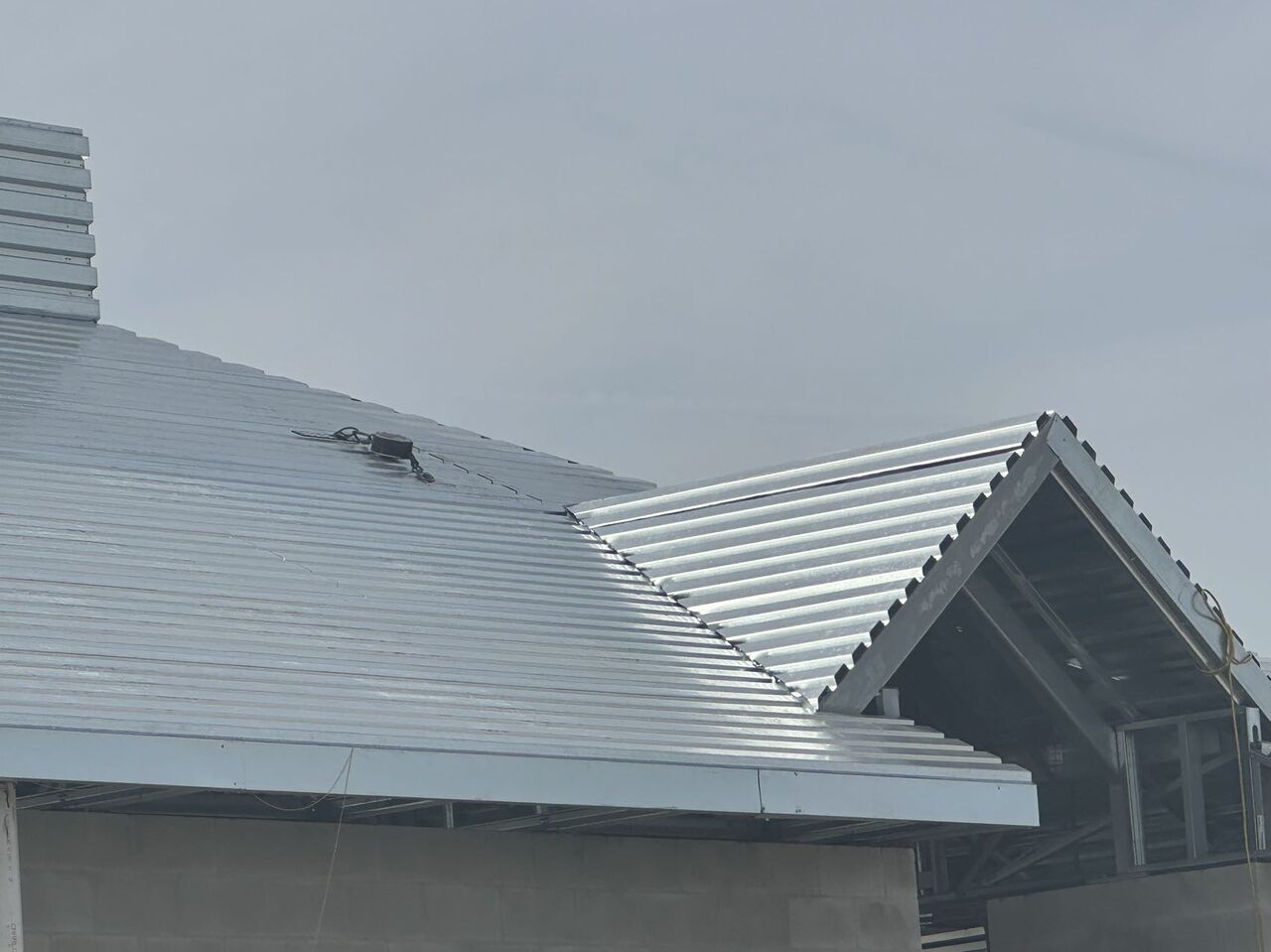
Posted on Thursday, January 4, 2024
B Deck is a common choice, there are other types of steel roof decks, such as A Deck, F Deck, and N Deck
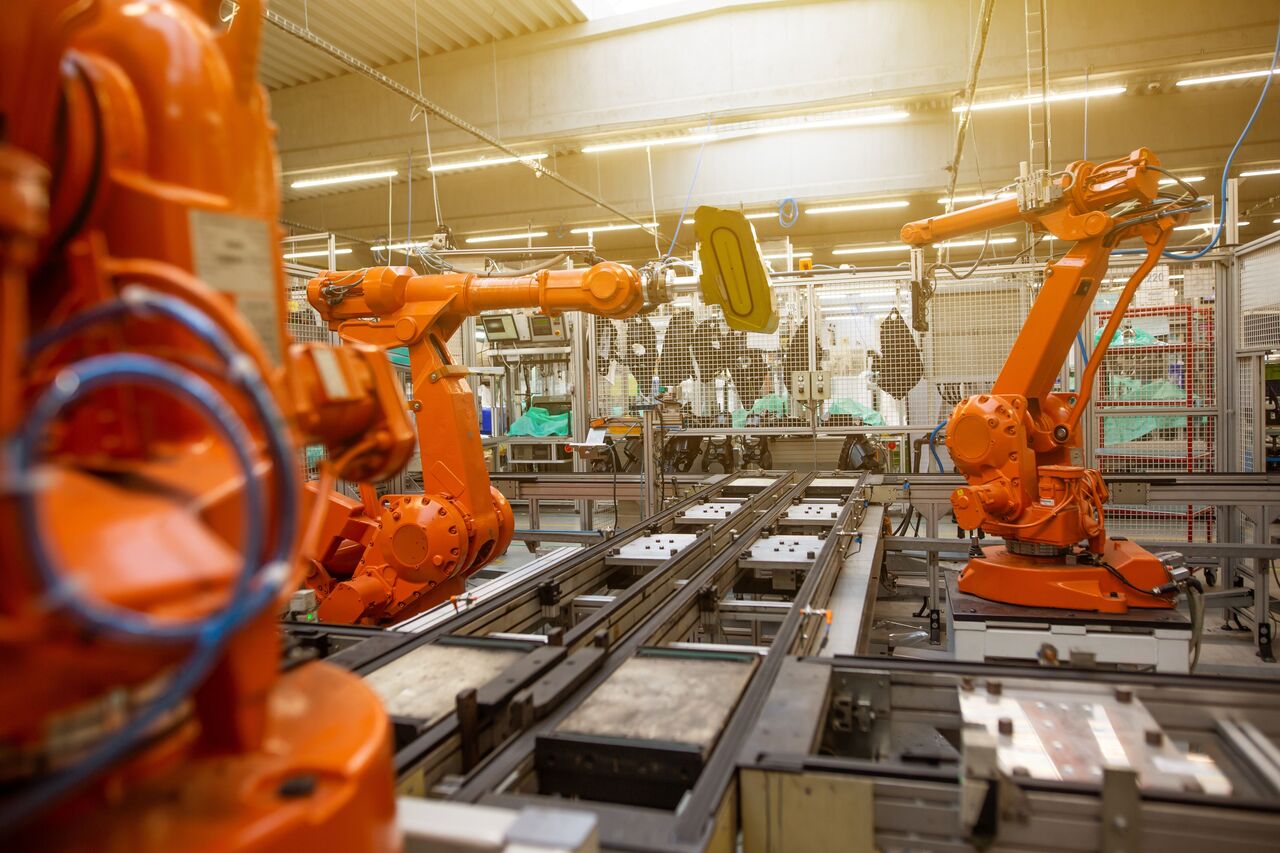
Robotics and AI in sheet metal forming
Posted on Thursday, December 7, 2023
Robotics and AI in sheet metal forming offers numerous benefits, including increased efficiency, improved product quality
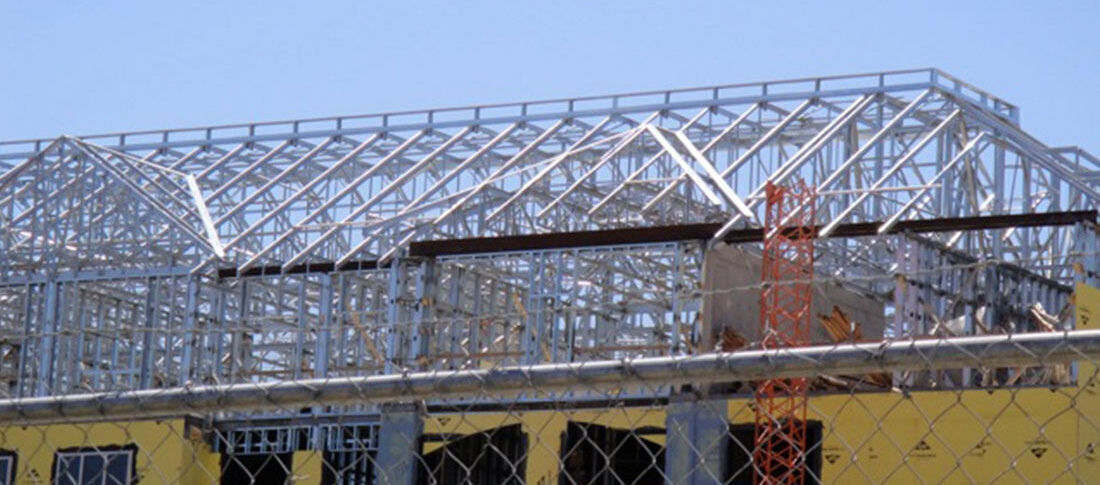
What is the history of roll forming machine?
Posted on Tuesday, November 28, 2023
Here is a brief history of the roll forming machine
